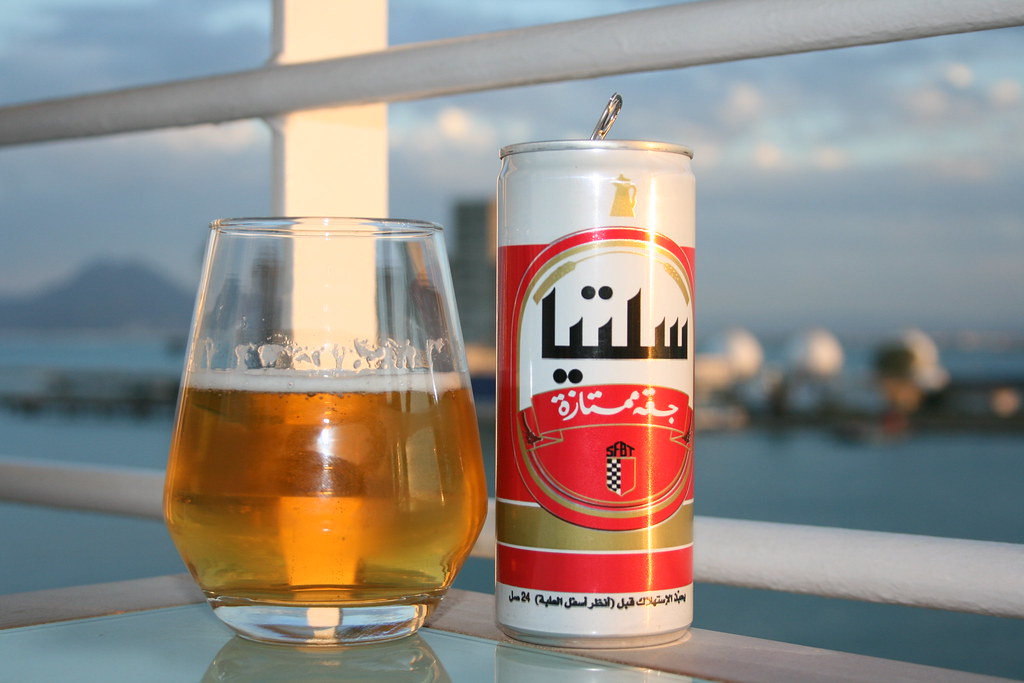Tunisia stands as the dominant beer producer in the Middle East and North Africa (MENA) region, with an annual output exceeding 1.93 million hectoliters. This positions Tunisia ahead of Algeria (1.5 million hectoliters) and Egypt (900,000 hectoliters), according to recent industry reports.
At the heart of Tunisia’s beer production is the Tunisian Beverage Manufacturing Company (SFBT), established in 1889. SFBT commands approximately 85% of the national beer market and produces several popular brands, including Celtia, Stella, and Löwenbräu. Celtia, introduced in 1951, is the flagship brand, a pale lager with an alcohol content of 5%, and remains the most consumed beer in Tunisia.
Despite Tunisia’s predominantly Muslim population, the country exhibits a more liberal approach to alcohol consumption compared to many of its regional neighbors. Beer is widely available in hotels, restaurants, and select retail outlets, catering to both locals and tourists. The beer industry contributes significantly to Tunisia’s economy, driven by domestic consumption and the influx of international visitors.
In contrast, Algeria’s beer production is approximately 1.5 million hectoliters, and Egypt’s stands at 900,000 hectoliters. These figures highlight Tunisia’s leading position in the MENA region’s beer production landscape.
Tunisia’s robust beer production, led by SFBT and its flagship brand Celtia, underscores the country’s unique position in the MENA region’s alcohol industry. The combination of cultural openness and economic factors has enabled Tunisia to maintain its status as the largest beer producer in the region.

